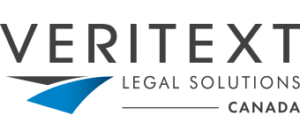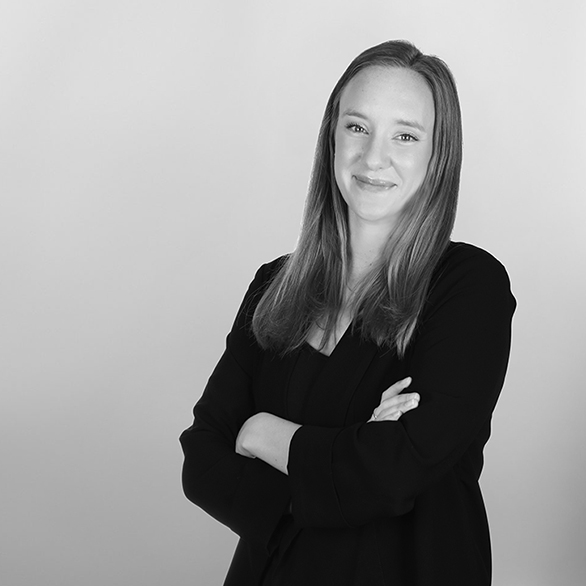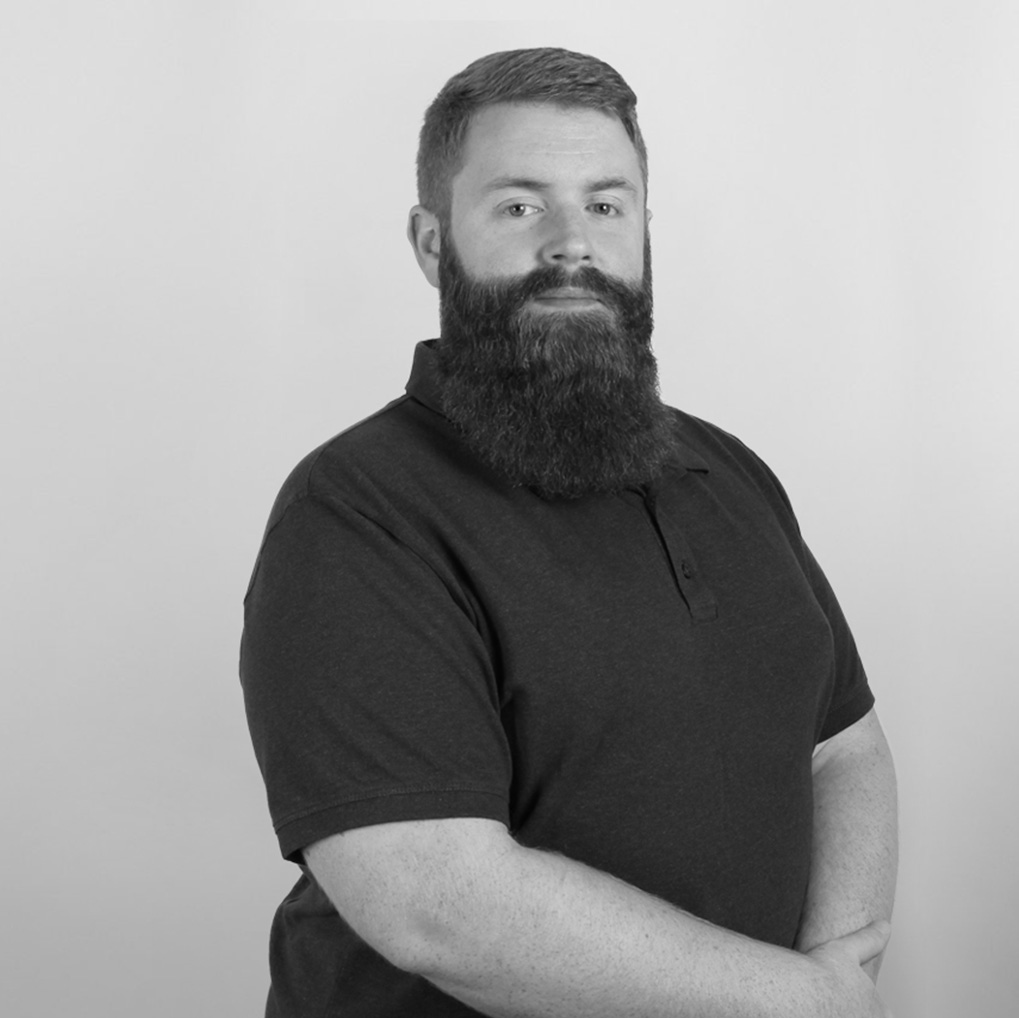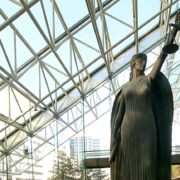Change, Challenge, Focus and Responsibility
by Julia Chalifoux and Coach Mary Crayston
“Change is the only constant in life.” — Heraclitus
This quote used to make me cringe. I felt it was taunting me. An ever-annoying reminder of life’s fleeting fragility.
I thought about it when I found new grey hairs on my head, when my phone was losing battery life more and more quickly (a clear sign that it was on its deathbed), and most recently when my own health came into question.
I have felt it on a professional level too.
I have felt it in the ever-growing list of technological knowledge and skills my job requires, the swelling list of projects and bodies to coordinate and the increasing volumes of work complexities that the global pandemic has created.
But as I lay on a cold surgical table just over a month ago thinking about all of this as I drifted off into an anesthetic-induced sleep, two powerful thoughts came to me:
- The brave women that had come before me.
- Change is often a gift in disguise.
Thinking about the brave women that had come before me gave me perspective. While my problems were seemingly big in my world, I was not alone or unique in having to face challenge. Perhaps “challenge is the only constant in life” would therefore be more accurate.
When I lived in Japan as a teenager, I learned that the Japanese have a special word to describe challenge: gambaru. According to Wikipedia gambaru roughly means “to slog on tenaciously through tough times.” Reading this description, you would think that gambaru is a heavy, burdensome thing. However, it is not looked upon that way.
Friends, family members, co-workers and strangers will often enthusiastically shout out to one another “Ganbatte ne!” or what roughly translates to“do your best!” In Japanese culture challenge is viewed positively. The difficulty is certainly acknowledged, but the reward of the hard work is the focal point. In Canada the word “challenge” often carries a negative connotation. “He/She was a challenging student,” for example.
Where we set our focal point is so important in determining our attitude and ultimately our outcomes.
It is easy — at least in my case — to get bogged down and stuck.
To release the reins of my horse to someone else.
To become reactive rather than proactive. A victim rather than an agent.
To see myself as out of control rather than in control of my circumstances.
But if I have learned anything in the last few months, it is that change and challenge are often a gift in disguise and that my future is in my hands.
Facing the idea that I might have cancer caused me to think deeply about what may have landed me on that surgical table in the first place. Sure, it was easy to think that it was shit luck, but there was another part of me that couldn’t help but think that maybe it was something deeper.
Physically, I have always kept myself quite healthy. I am a “good” eater, and being outside has always been what I have enjoyed best. Walking, running, hiking, riding my bike, skiing and doing yoga — these are all parts of my regular routine.
Emotionally, however, things were more complex. While I possessed a positive mindset, I often found self-expression hard. I have often avoided conflict for the sake of harmony and have kept a lot inside.
I recently asked Coach Mary a few questions about all of this. Here is what she had to say:
What are three easy ways that we can start to deepen our self-awareness?
Actions:
- Hire a coach!
- Read, listen to podcasts, watch videos. Take a personal development course.
- Make time for yourself to reflect, to pause, to be with yourself.
Behaviours:
- Listen to the voice inside who is talking to you all day. What is it like? Is it kind, supportive and encouraging?
- Get curious about who you are, what you want and who you want to be.
- Realize that you are not your thoughts and that your circumstances are not happening to you. You have a choice about how you think and what you do about your circumstances. Every time.
You often reference the Saboteur and the Sage as parts of our personalities. Could you explain this concept? Is there something we can do to become more aware of the Saboteur and the Sage?
Saboteurs are patterns of thinking that we have learned that have become how we are triggered to react to life. They inevitably cause us more stress, anxiety, pressure and disconnection. They are the Darth Vaders of our thinking.
You can of course take the Saboteur assessment, which will give you great insight. Our work is to intercept the Saboteurs — to know we are human and we are going to have reactive and triggered responses. And we can pay attention to ourselves, reflect on our reactions, notice when they are happening and set ourselves up well when we can foresee that we might head into Saboteur land.
Sage patterns of thinking come from the components in our brain that include creativity, focus, big‑picture thinking, empathy, innovation, exploration, purpose and meaning. It is the Jedi perspective.
Your Sage are your truth. They are who you are — your essence and who you are becoming. You can access them by knowing your values and what matters to you and by taking time to connect with them (journaling, meditating, coaching, reflecting). You can strengthen the neuropathways of the Sage by noticing when you are responding to life from that perspective. You can reflect on times when you weren’t Sage-like and consider how you could respond in a Sage way. You can write/ponder/draw about your Sage and deliberately connect to them.
Why is personal responsibility important both on a personal and professional level?
Responsibility is paramount. Responsibility gives us power. When we are responsible for our lives, our thoughts, our reactions and our responses, then we can do something about them. When we are responsible, we can create our lives. Lack of responsibility makes us victims to our circumstances and to other people’s behaviours. Responsibility simplifies our lives, gives us integrity, holds us accountable and gives us freedom.
What are some simple tips for maintaining perspective during challenging and changing times?
- Pay attention to how you are doing. How are you responding? What do you need?
- Make time for yourself. Pause, take a break, take five, sleep on it.
- What can you control? What can’t you control?
- Communicate what you are experiencing. Talk about it.
Through my own work with Coach Mary I have become more mindful about my thoughts and behavior patterns. It has been powerful work to deepen my self-awareness, step into the scary waters of self-expression and acknowledge the agency I play in my own life and circumstances.


















